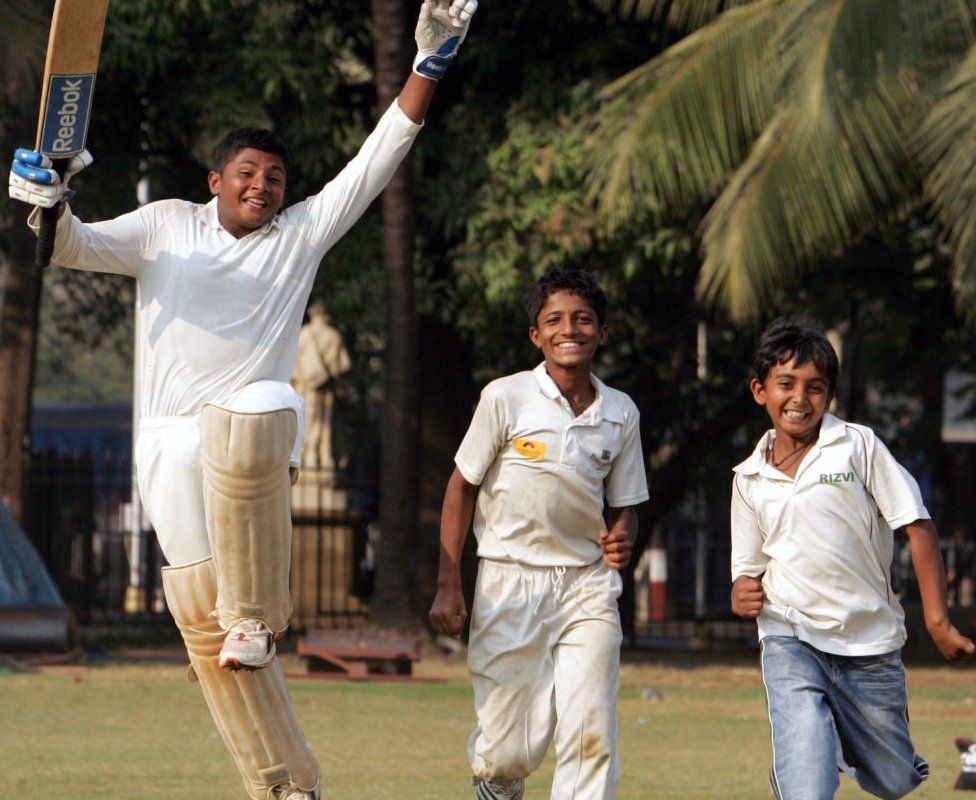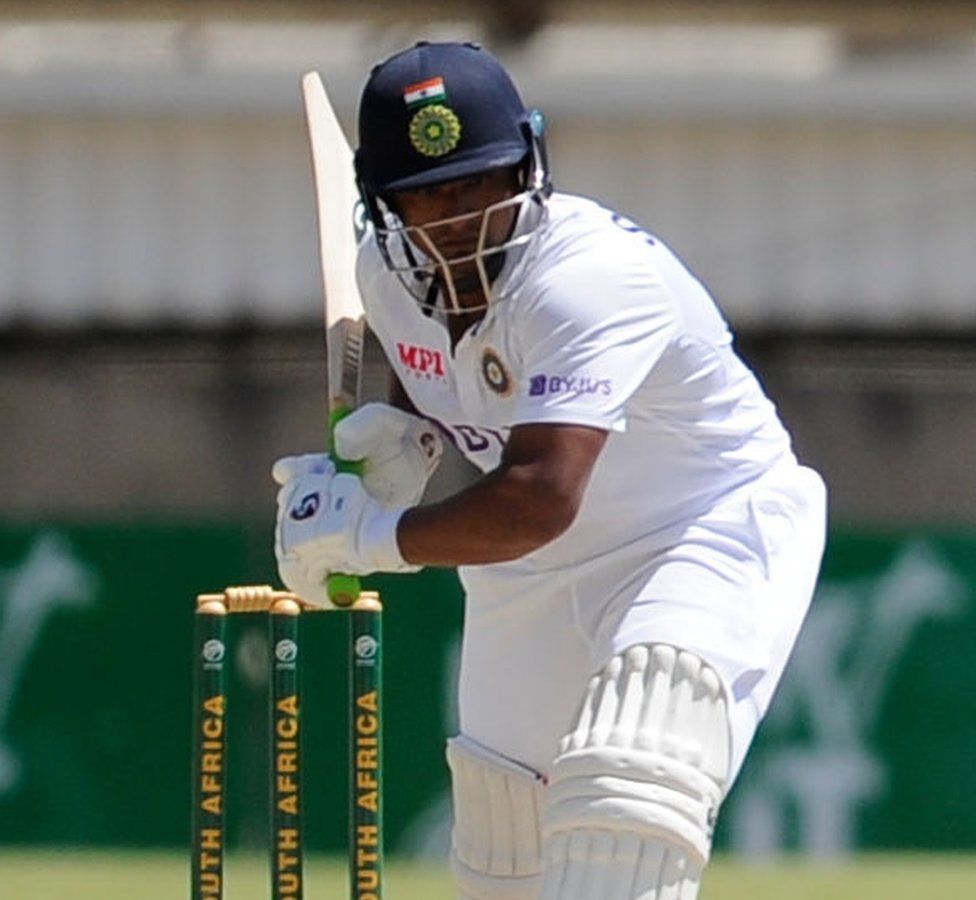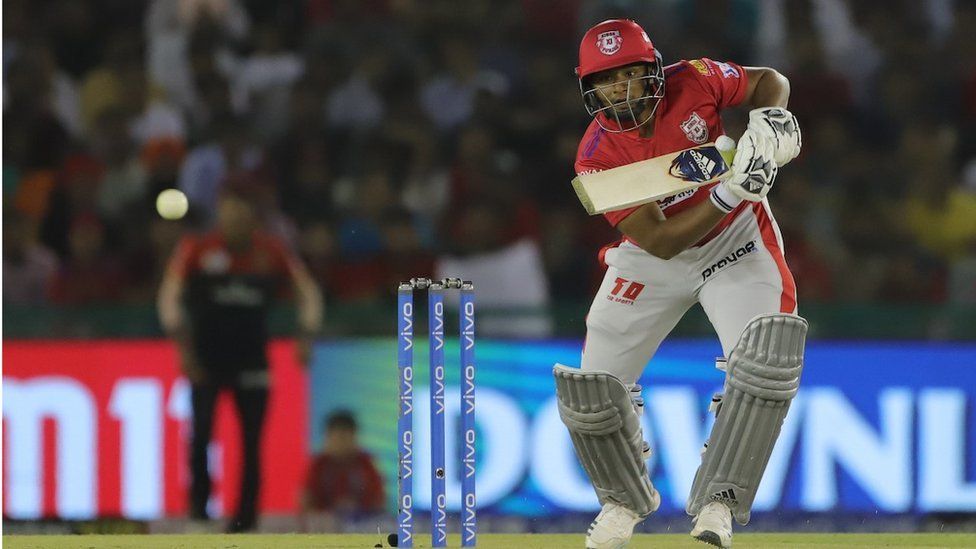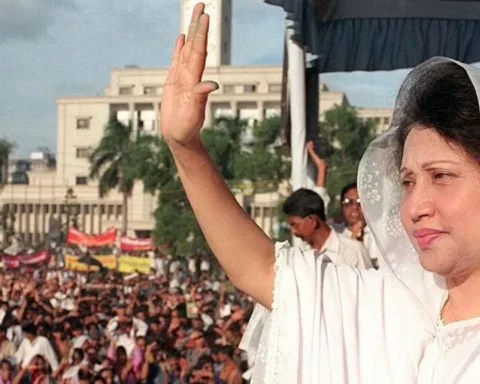Before India’s squad for the 2014 Under-19 cricket World Cup left Bangalore, Naushad Khan had come down to the city to meet his son.
Sarfaraz Khan had found a spot as a batter in the 15-man squad alongside the likes of Shreyas Iyer, Sanju Samson, Deepak Hooda and Kuldeep Yadav. The side was coached by Bharat Arun, who would later become the architect of India’s fast-bowling revolution.
When Arun was told that Naushad was there, he called him up to his room. “He told me not to worry and said everything would be fine,” Naushad recalls. “I told him, ‘sir, please look after Sarfaraz, he is a little naughty’.”
Arun told him that Sarfaraz’s humour was in fact an asset for the team.
“He isn’t afraid to stare down Australian and Pakistani players and crack some jokes. That lightens the mood. This is his attitude. And the day he loses it, his performance will also suffer,” Arun says.
Nothing much has changed since. Sarfaraz still cracks jokes. He plays for Mumbai in the Ranji Trophy, India’s leading domestic cricket tournament.
His Mumbai team coach, Amol Muzumdar, describes him as “the life of the team”. He’s still unafraid on a cricket field and he’s still scoring runs in abundance.
In the last two Ranji Trophy seasons, Sarfaraz has scored 1,910 runs in just 12 games, averaging 136.42. He scored seven centuries in 18 innings, and also made 11 fifties. His achievements can’t be overstated.
The all-time record for most runs in a Ranji Trophy season is held by VVS Laxman, who made 1,415 runs in the 1999-2000. It is still the gold standard of domestic cricket batting in India. Laxman got to play nine games that season. Sarfaraz has played only six games each in the last two seasons. By the end of his ninth game in this run, he had scored 1,479 runs.

That is the kind of impact he’s had. Much of the credit goes to his hard work and dedication but also to Naushad, who coached both Sarfaraz and his younger brother Musheer, who at 17 is also making waves as a cricketer.
Sarfaraz often gets teary eyed when he talks about his childhood. He wonders what would have happened to him if his father wasn’t there to support him.
Naushad would often put a price on his wicket during practice sessions. He would give the bowler 50 rupees (£5) every time Sarfaraz got out. He did it to ensure that all bowlers gave his son a tough time in net sessions.
He would end up spending 300-400 rupees on some days. That was a lot of money for the middle-class family and this made Sarfaraz work hard and not give away his wicket easily.

“I’m not saying this because he’s my father, but it’s difficult to find such a man in this world. His dedication is next level. He has problems in his knees, and eight years ago, the doctors told him to get operated. But he didn’t because he thought that in case something goes wrong with the operation and he becomes wheelchair bound, how would he coach us?”.
Sarfaraz was a prodigious cricketing talent in school in Mumbai alongside Prithvi Shaw and Armaan Jaffer. But Naushad briefly moved to his home state of Uttar Pradesh (UP) when he felt it was tough to get opportunities in Mumbai.
But the season with the UP team didn’t go too well either, and the family moved back to Mumbai. He had to spend a mandatory “cooling off” period before he was eligible to play for the Mumbai team again.
Another endorsement for his talent came in the Indian Premier League (IPL) T20 tournament when he became one of the three players to be retained by the Royal Challengers Bangalore (RCB) in 2018. Former Indian captain Virat Kohli and South African star AB de Villiers were the other two.
A new auction meant that the teams could only retain a handful of players and the remaining had to go into the auction pool. An RCB analyst later said that they had identified Sarfaraz as one of the few players who could score at a blistering pace.
However, his form didn’t hold up that season and he had to answer questions about his perceived lack of discipline.

But he continued to score heavily in the longer format of the game for Mumbai and that has made him a leading candidate for a spot in the national team.
A lot has been talked about Sarfaraz’s weight but it doesn’t bother him. “When I have the bat in my hands, I get into that zone,” he says. “It doesn’t matter who is watching then, selectors or crowd. If it’s Allah’s wish, I will get selected.”
He backs himself because of his hard work and the training his father gave him. He had to become a “wandering nomad” every year to practice. His father would drive him to UP to avoid the rainy season in Mumbai as most practice venues shut during this period. During their 1,400km (870 miles) journey, they would make a stop in every city that had a practice venue.
And that’s just one example of the hard work the father-son duo have put in to realise their dream of seeing Sarfaraz play for India. And given the buzz about him in the media, the day may not be too far.





